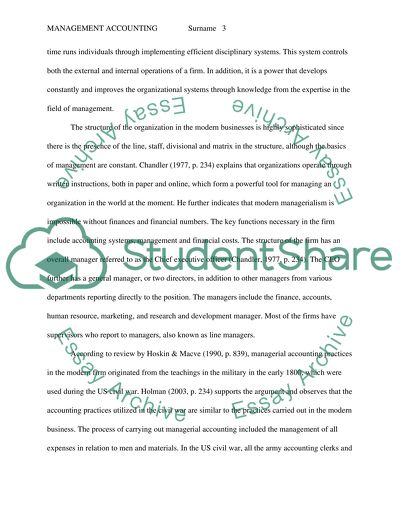Cite this document
(“Management accounting Essay Example | Topics and Well Written Essays - 1500 words - 2”, n.d.)
Retrieved from https://studentshare.org/finance-accounting/1463354-management-accounting
Retrieved from https://studentshare.org/finance-accounting/1463354-management-accounting
(Management Accounting Essay Example | Topics and Well Written Essays - 1500 Words - 2)
https://studentshare.org/finance-accounting/1463354-management-accounting.
https://studentshare.org/finance-accounting/1463354-management-accounting.
“Management Accounting Essay Example | Topics and Well Written Essays - 1500 Words - 2”, n.d. https://studentshare.org/finance-accounting/1463354-management-accounting.


